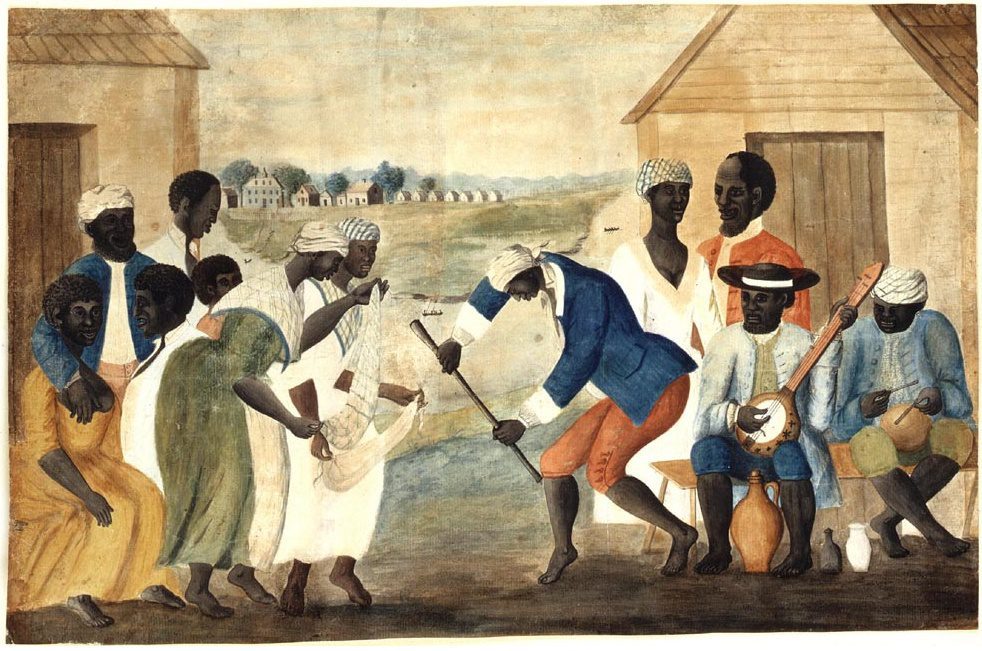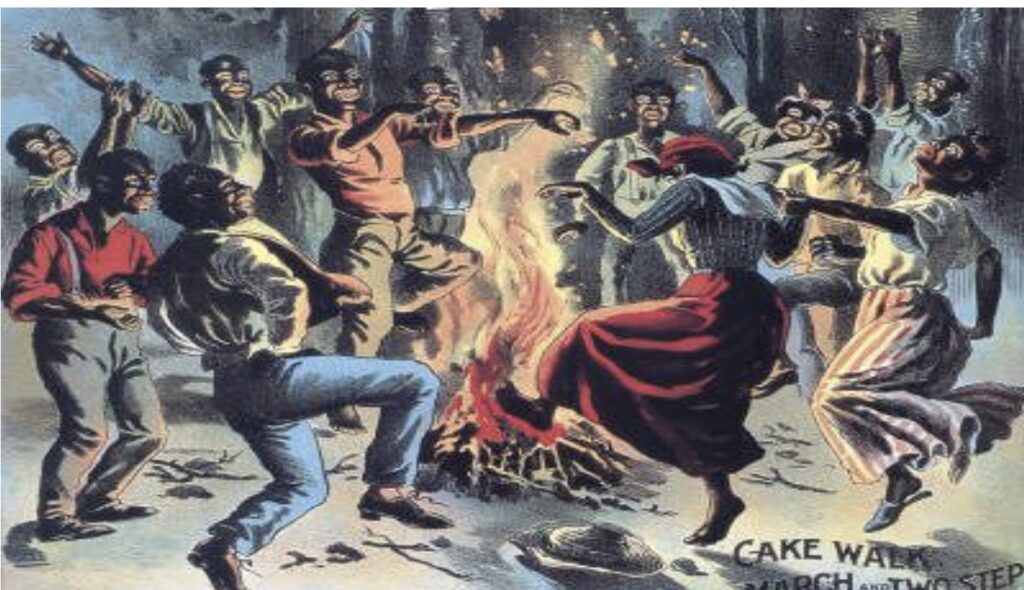Introduction
Shouts, hollers and cries can be heard across slave plantations. To some, this might seem like nonsense, but to slaves and the development of the African diaspora, this was everything. Work songs and field hollers were songs that slaves sang while they labored in the cotton fields. As mentioned before, they consisted of various hollers, shouts and cries. Many of which meant different things entirely. The songs were not only a way to navigate the horrors of being enslaved on a plantation, they were also encrypted messages, Bible stories and uplifting words. Field hollers and work songs provided enslaved persons with a sense of comfort and community while they endured the inhumanities of slavery.

What are Field Hollers and Work Songs?
Stripped of everything they had, slaves still remained resilient and found a way to intertwine their culture into their newly acquired lifestyle. Religion was a strong force that allowed slaves to keep aspects of their culture alive. In fact, many work songs and field hollers were derived from religion. Others were songs, riddled with emotion, that told the stories of their life experiences. However, hollers, shouts and calls can be distinguished from each other. Shouts and calls were oftentimes directed specifically at someone or something. For example, some messages were enciphered codes to let other slaves know when a white owner was in close proximity. On the other hand, hollers were indeed not specific to anyone or anything. Hollers could be heard by anyone who was close in range and could hear. These meaningful noises were more often than not, accompanied by rhythmic movements as well as powerful words. Eventually, working and singing became intertwined.
Continuing the Diaspora
These songs played a pivotal role in maintaining the continuity of the African diaspora. These hollers, cries, empowering words and rhythmic body movements became the foundation for generations to build on. From a historical perspective, it is amazing that slaves were able to come up with an entirely new communication system while facing the monstrous challenges that slavery presented. These songs would eventually become the foundation for black music and unite the black community through years of struggle and toil. Generations to come were able to build off of this and eventually create what is known today as black culture.


